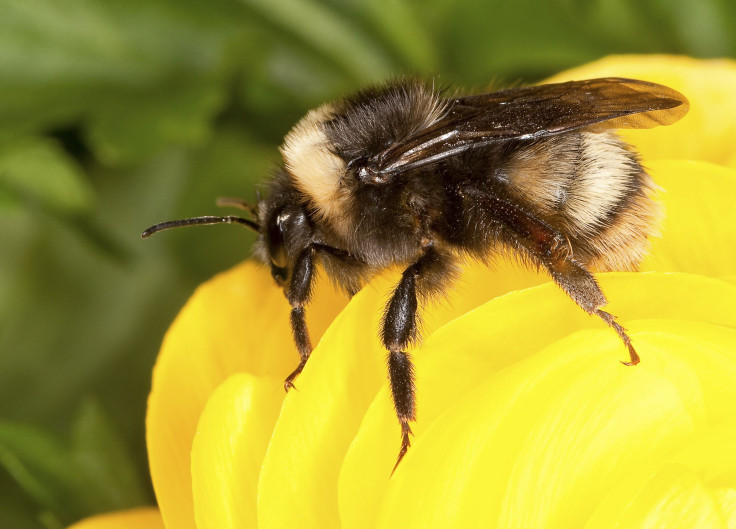Caffeine and Nicotine May Prevent Bumblebees From Parasitic Infections, Study Reveals

A team of ecologists and scientists from the University of Massachusetts and Darmouth College, Amherst recently investigated into Bombus impatiens, an eastern species of bumblebee and its infection-causing parasite, Crithidia bombi. The parasite is believed to infect the bees and shorten it's life and lead to disruption of the colony of the pollinators.
In an attempt to understand the interaction and relationship among the pollinators, plant and the parasite, the research revealed that the bees that feed on organic toxins, including nicotine, anabasine, catabol and caffeine from the nectar are more resistant to the intestinal parasitic infection.
The team of researchers published their findings in Proceedings on Royal Society B. The publication details on the phenomenon of “hormesis,” a process that explains that sometimes toxins are helpful in organisms that are prone to parasitic infections such as bees. During research, the enthusiastic scientists found a total of eight different toxic chemicals that are produced by plants as a part of their defense mechanism. These “secondary metabolites” were fed on to bumblebees and results were observed. In a short time of about one week, the infection levels in the bees reduced by 81 percent.
According to one of the members of the team, Lynn Adler, consuming on the toxic chemicals produced by the plants significantly reduce the load of pathogens in the bee's gut, thus lowering the level of intestinal infection in the bees. On the other hand, the lowered levels of infection reduce the spore percentage of the pathogen in the faeces, preventing other bees from the colony from getting infected.
“With so many people looking at bee health these days, it’s taken a long time for us to realize that perhaps we should be paying attention to how floral secondary compounds mediate pollinator dynamics and their interaction with pathogens,” Adler said.
To report any problem or to leave a feedback on the article, send an email to emailtoguneet@gmail.com.





















